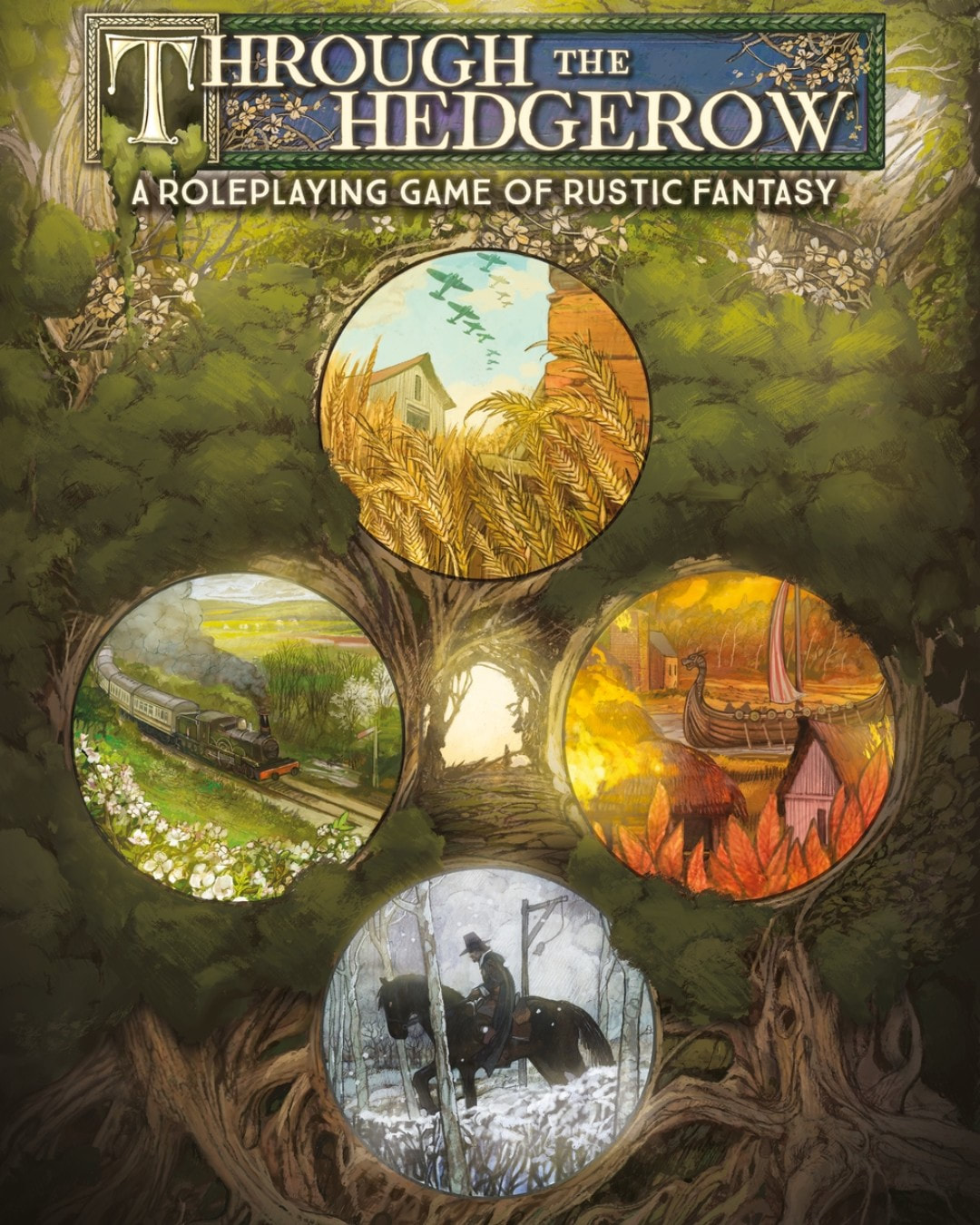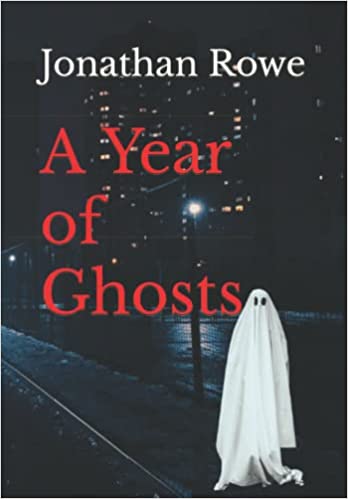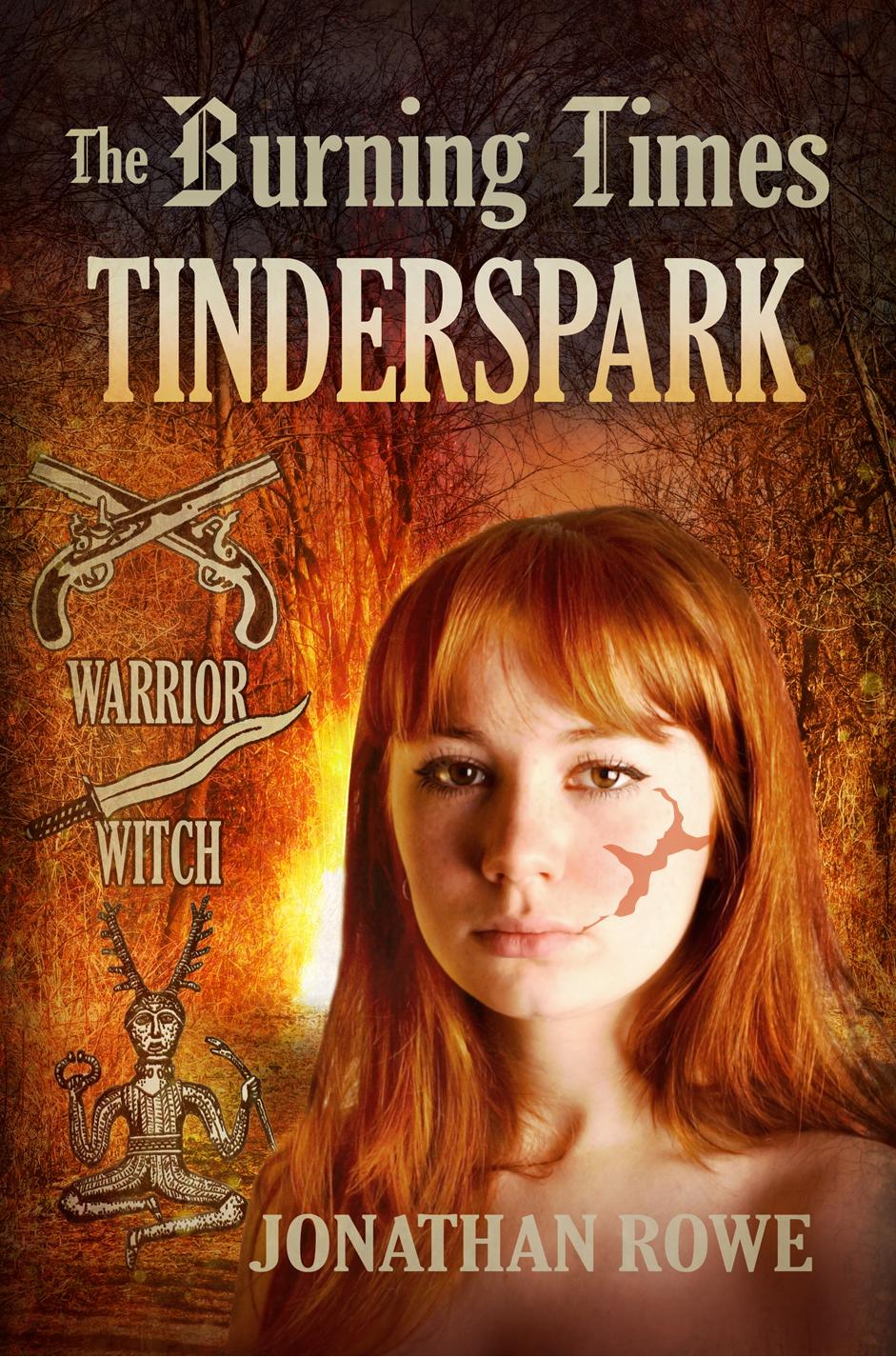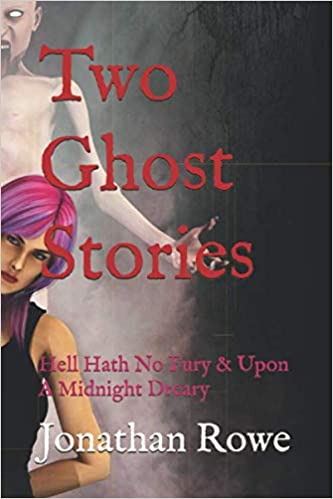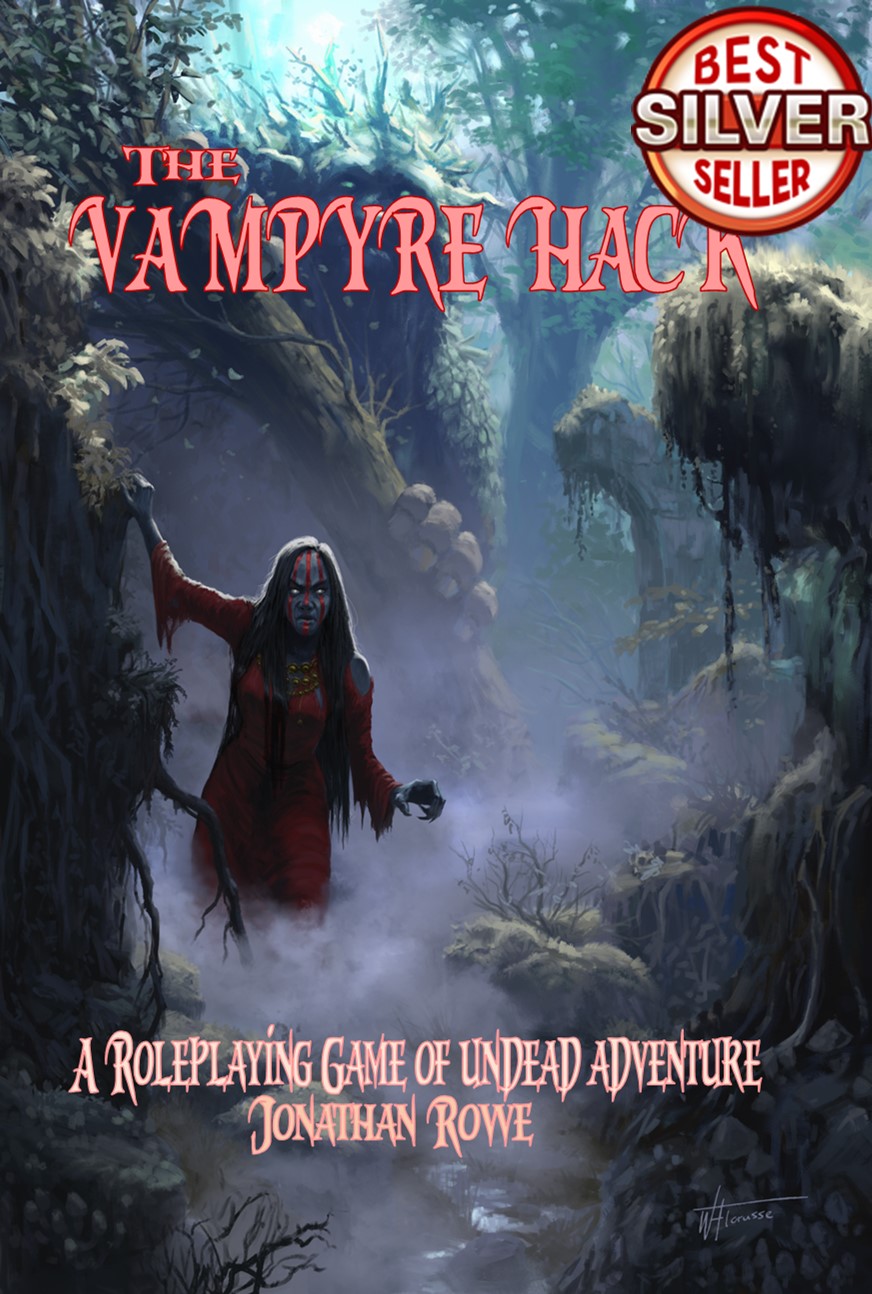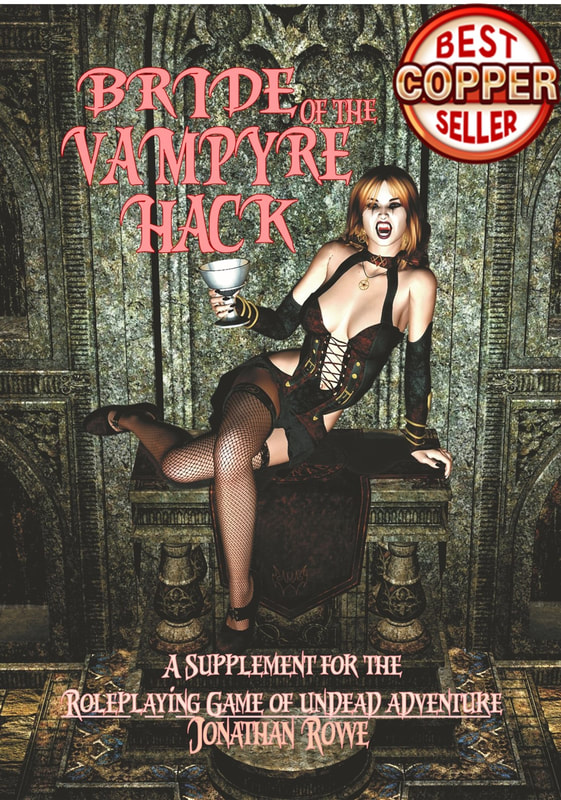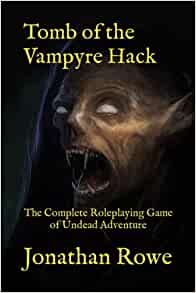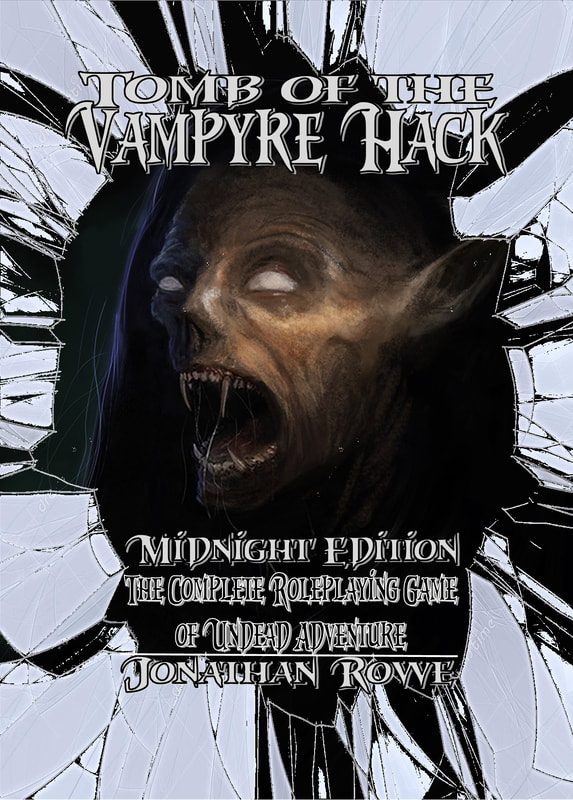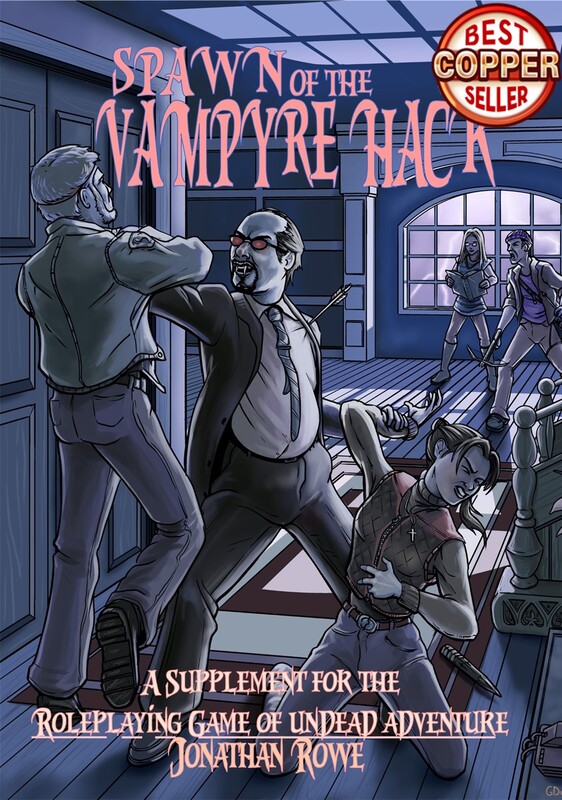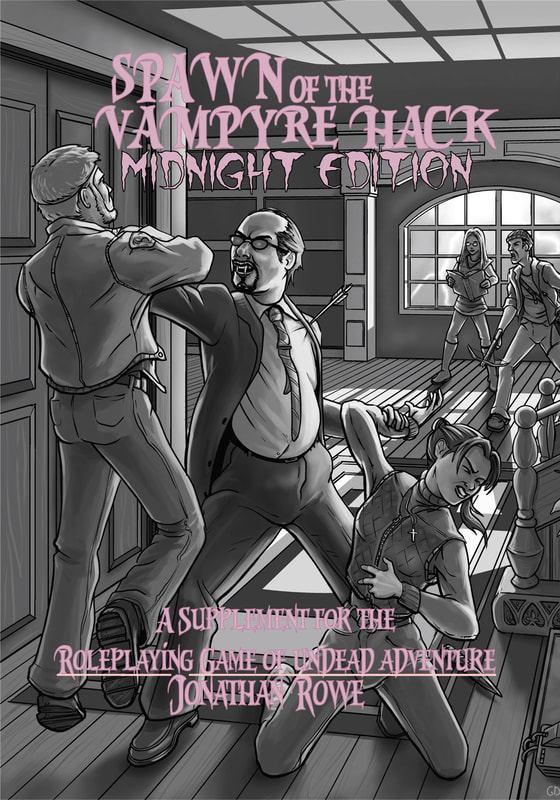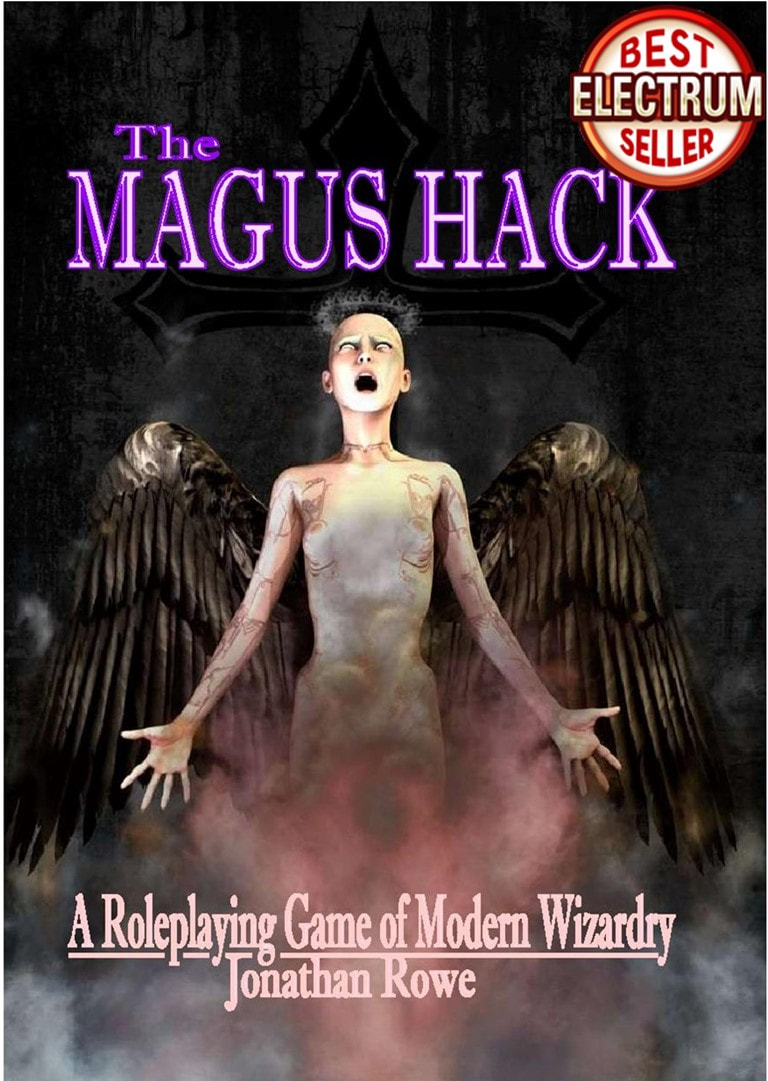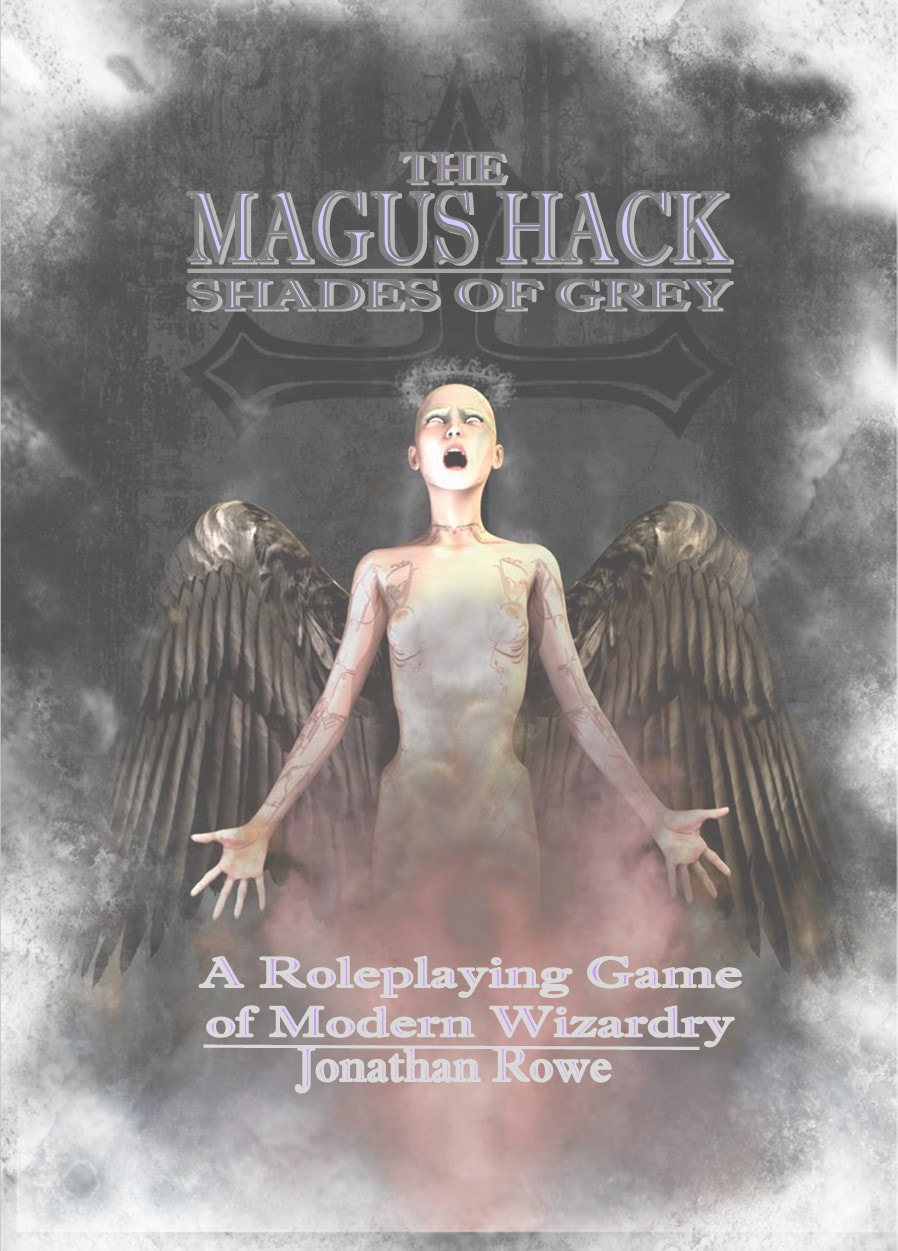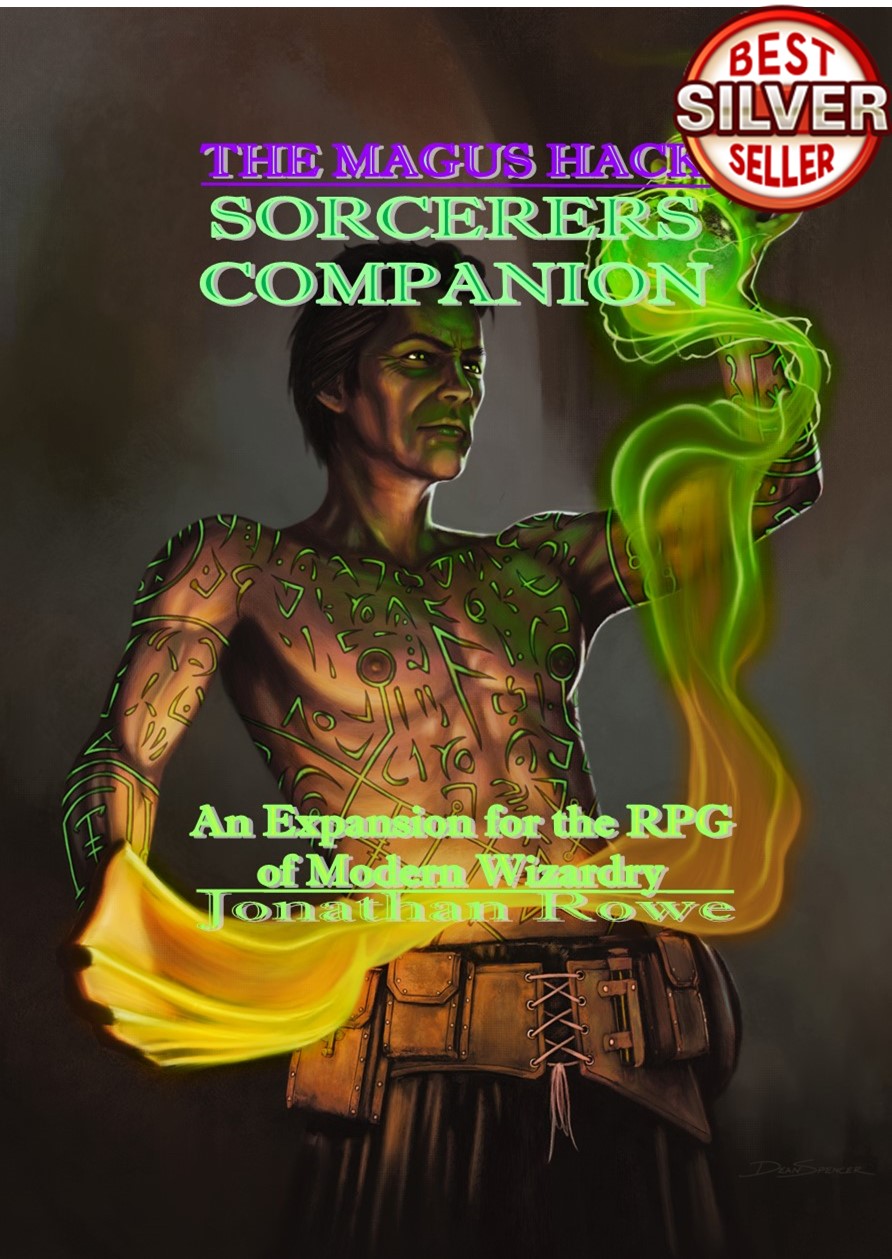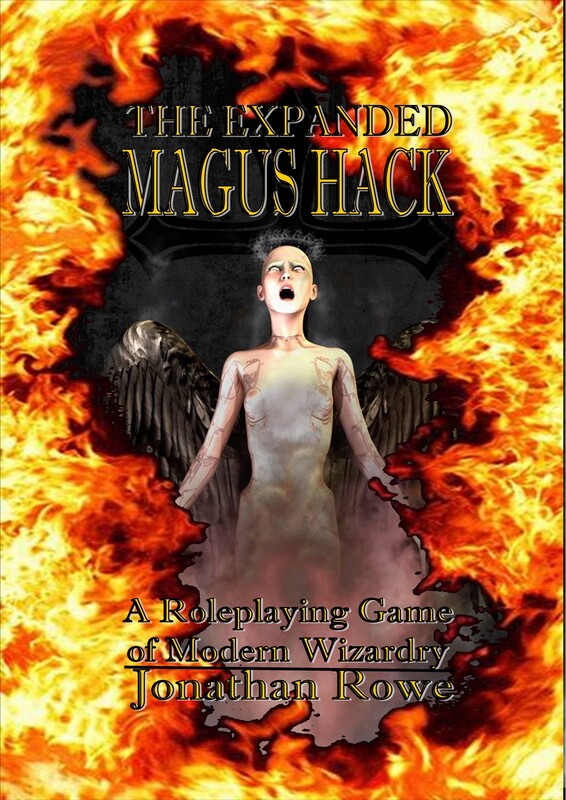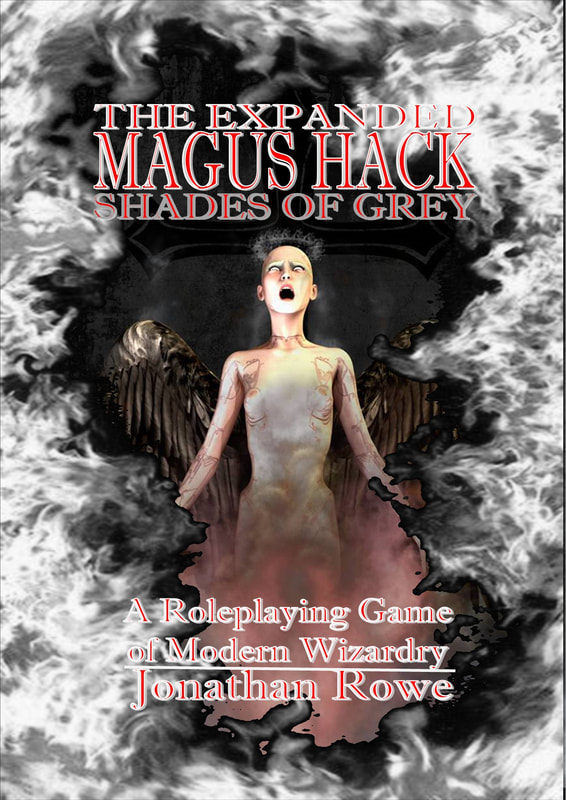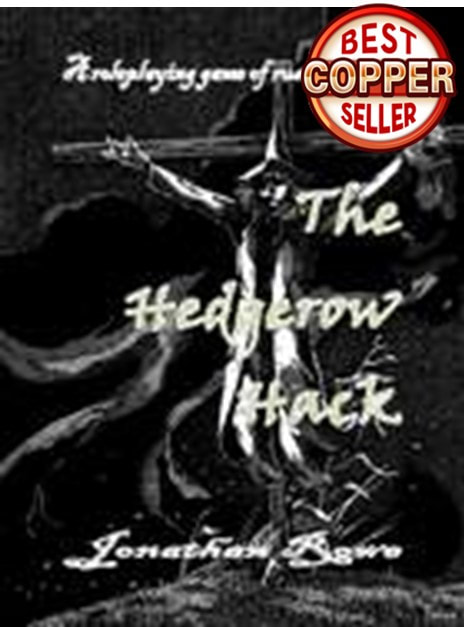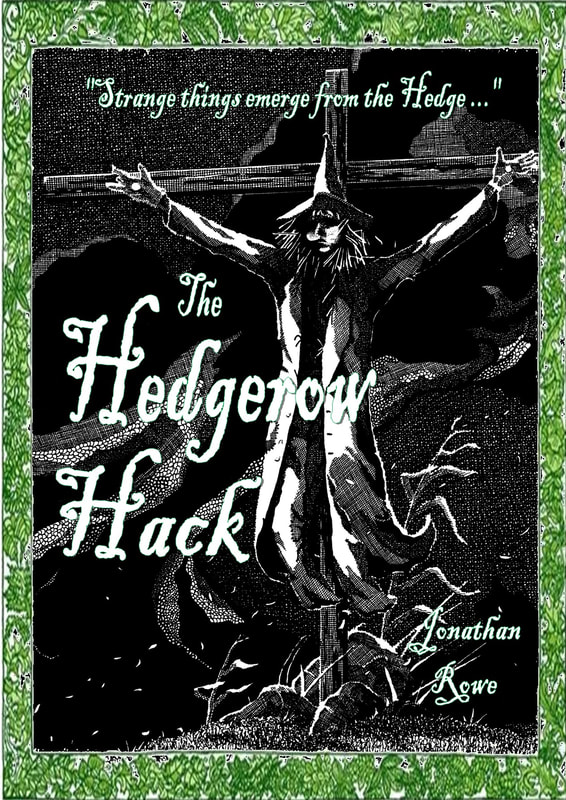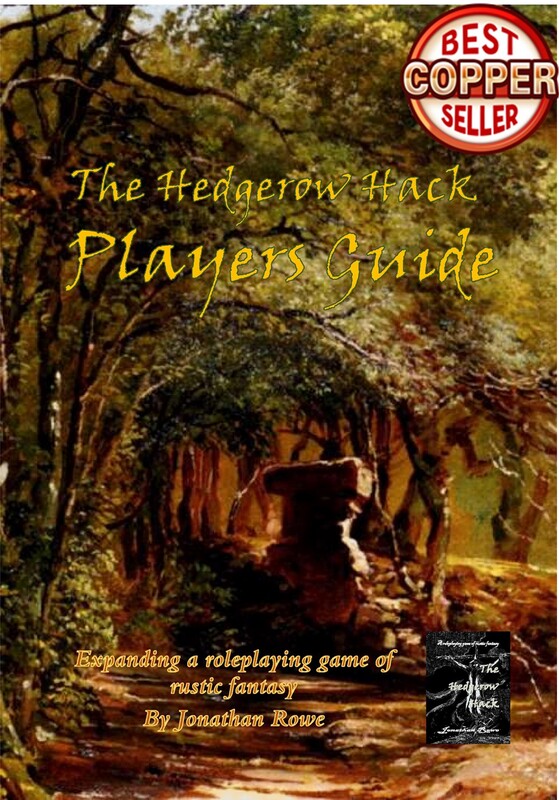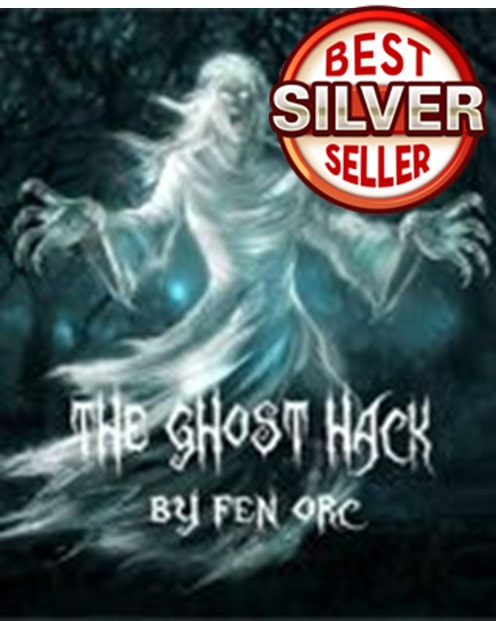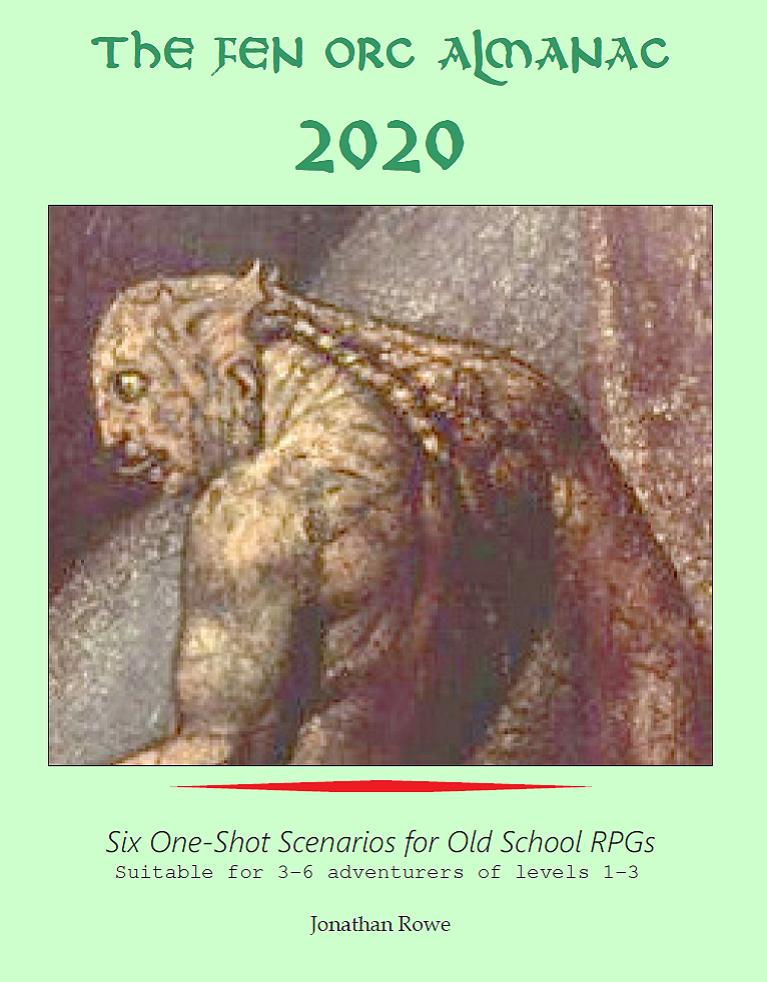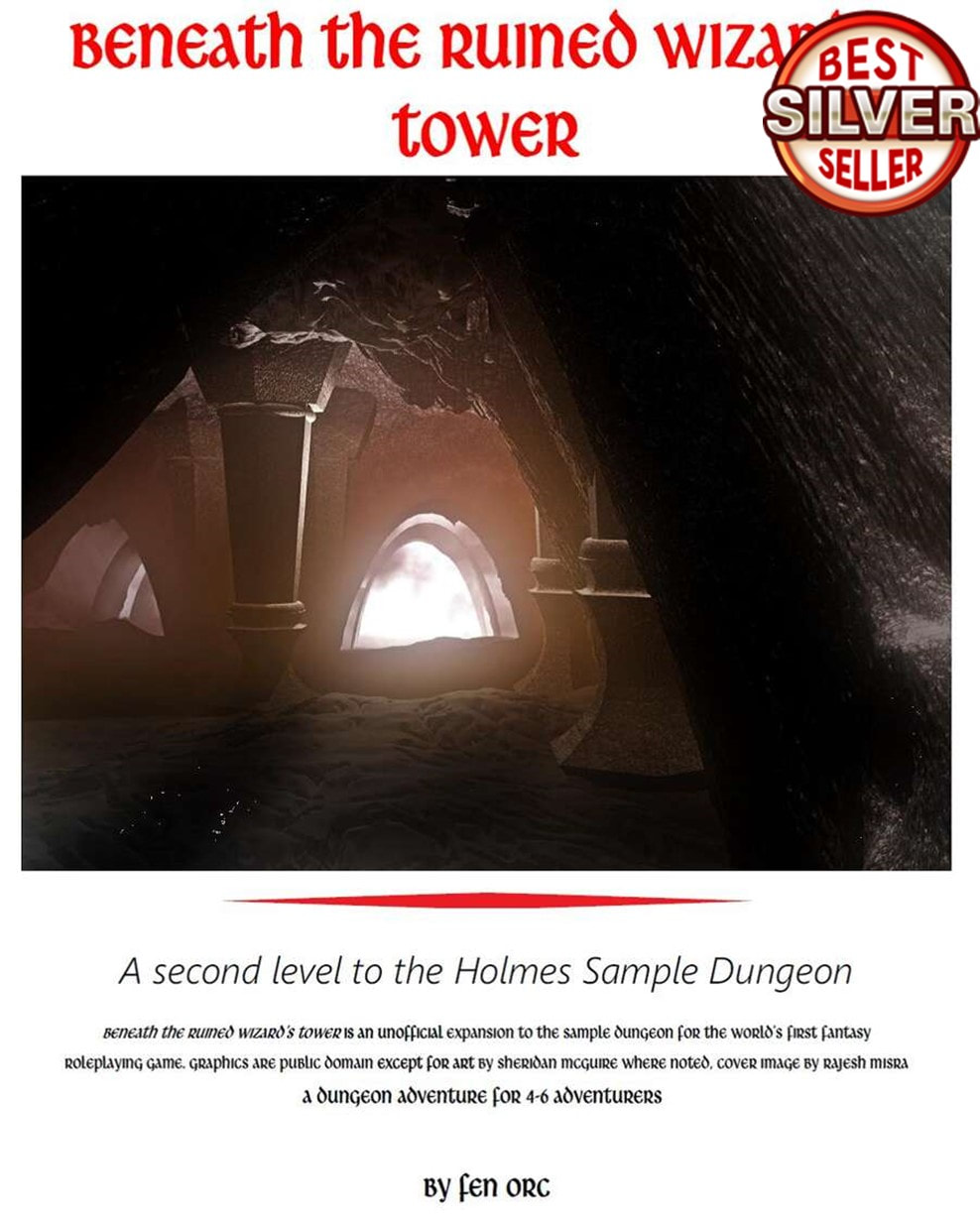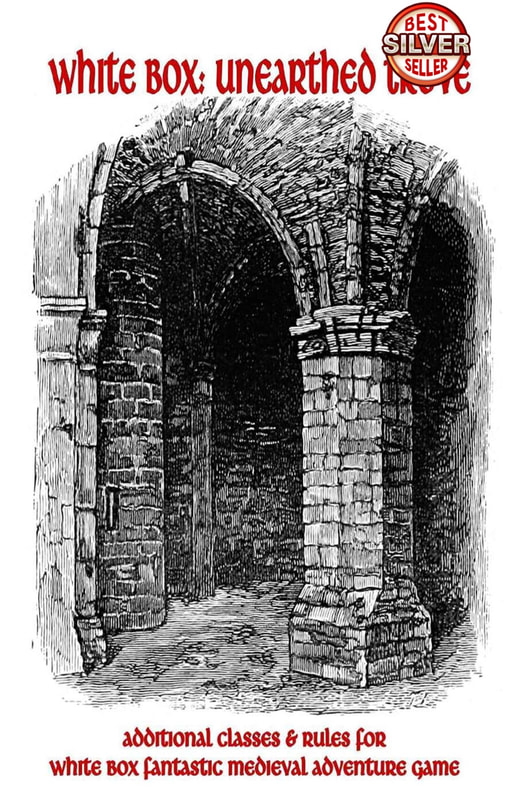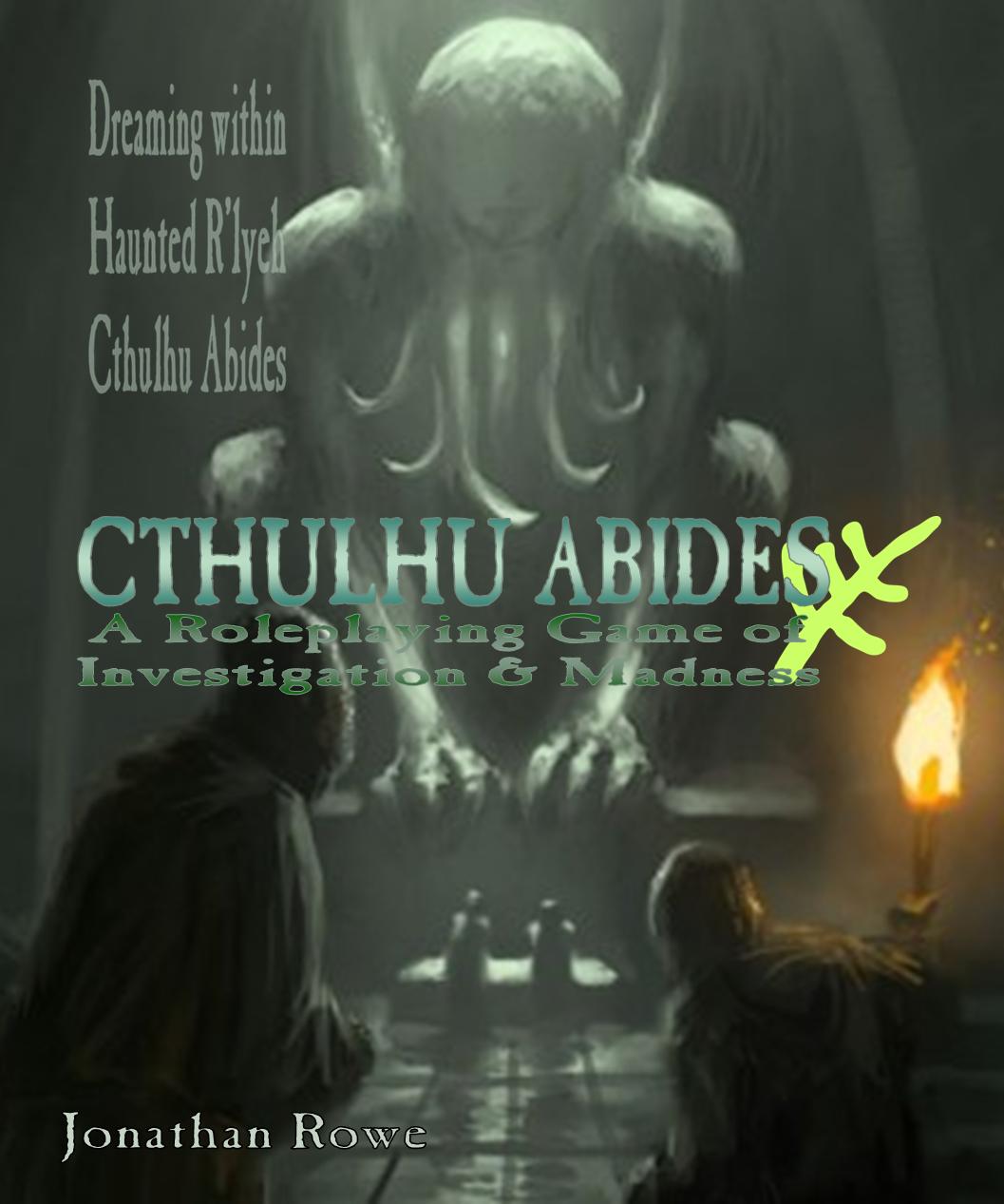|
The other week, a chance conversation reminded me of how much I love RPGs and stories of modern wizardry: arcane duels in back alleys, fusing technology with witchcraft, dragons in the subway, old gods drinking in dive bars, demonic pacts in glass-and-steel boardrooms. Yeah, bring it to me. So, a week of scribbling later, with many important duties neglected, and we have a new RPG. Say hello to The Magus Hack. Beautiful cover art by the generous Christopher Smith-Wong (I was going to use it for a Ghost Hack scenario but that would be to waste it). You can buy The Mage Hack on drivethrurpg as PDF and if you want a physical copy it's over on Amazon. Of course, the inspiration for all this is (whisper it!) Mage: The Ascension, which is far and away the best of White Wolf's lauded World of Darkness games from the 1990s. Just looking at the image from the 1993 GM's screen brings back the lysergic thrill that this game offered with its heady mixture of postmodern philosophy, serious esoteria and swashbuckling lunacy. I mean, what the HELL !!?!?? What the actual Hell ??!!? I eagerly GMed a Mage chronicle, back in the days of 1st ed, when there were no boundaries, and the players roamed the Hells and Faerie and the Digital Web and had a blast. A decade later, I GMed a chronicle using the Renaissance-set Sorcerers Crusade variation and the players tangled with Torquemada, witnessed the fall of Muslim Grenada, discovered the Americas with Columbus and survived the Aztec Invasion of Europe. Good times! I still adore the beautiful Mage: The Ascension tarot deck and I still use it in my roleplaying games as a prompt for discussion or a colourful alternative to a dice roll So you'd think, another decade on, I'd be super-keen to dive into Mage again. And I am. I really am. But ... Partly what's holding me back is that Mage doesn't quite excite me as it used to. How could it? It's a quarter of a century old !!! Its wide open frontiers have been pretty carefully mapped out. The lore is canonical now. There's a whopping great 20th Anniversary rules set that you can spend a fortune on. It covers everything in fascinating detail. That's cool, I guess, but I miss the go-anywhere-do-anything Mage of the old days. The canon becomes constrictive. Am I getting bored of the Ahl-i-Batin? Mage20: it's enormous. There's other things about the Mage rules that only irked me slightly in the past, but bother me more now. It's a Great Handfuls Of Dice (GHOD) game, but an oddly reductive one. You roll a ton of dice, count your successes, deduct your failures; then the other guy does the same and takes his successes away from yours and ... the clear correlation between Being Really Good At A Thing and then Getting A Great Result is lost. As a rules mechanic, it's lumbering and it makes combat in particular into a drama-free grind. Then there's the magic. What everybody loves about Mage - what you come away remembering and talking about - is the metaphysics: the idea of reality conforming to belief, the language of pattern and consensus and paradox, the coolness of making your spells look like coincidences. What we forget is how bland the rules for this are. You check your Spheres to see if you're allowed to do a thing, you roll a Small Handful Of Dice (maybe 3 or 4) and count your successes. That's all you do. Yes, OK, there's some stuff about tweaking the difficulty level in your favour, but mechanically, there's not a lot of decision-making. This sounds like a big Hate on Mage, but it's not meant to be. I'm just reflecting on why, 25 years on, I'm not as excited by Arete rolls to pull off that Forces-3/Prime-2 effect as I ought to be. Anyway, that's why I thought: There ought to be a simple OSR-themed version of Mage, with the familiar six attributes from D&D, with Hit Points and Levels and a freeform system that lets you enjoy constructing spells as well as roleplaying the casting of them. Which is where The Magus Hack comes from. The go-to source material is going to be David Black's The Black Hack, which identifies the roleplaying genome elegantly and succinctly and adds the innovation of usage dice rather than tracking points: whenever you call on a resource, you roll that resource's die and on a 1-2 it exhausts, getting smaller, with d8s turning into d6s and d6s turning into d4s and when d4s exhaust, well, you're not going to be using that resource any more. The antidote to massive rule books. I've already penned a couple of Hack-inspired RPGs: The Ghost Hack scratched the itch that Wraith: The Oblivion couldn't reach (at least, not for me) and The Hedgerow Hack channelled my love for '70s children's TV and fantasy novels into a game about travelling the byways of English history in the company of talking birds and living scarecrows to stop the Dark from swamping the pristine countryside. Hey, I can praise my own stuff! This provides the core engine. I borrowed the idea of characters created from Ability packages from Paul Baldowski's The Cthulhu Hack and the concept of a nasty usage die that gets bigger rather than smaller from Matthew Skail's The Blood Hack. These games are both awesome OSR Hacks. Cthulhu Hack is slick and professional, Blood Hack a bit more indie, but both remind you why you don't need slick and weighty rules sets Instead of Mage's abstract 'spheres' I went with the schools of magic that Gary Gygax came up with for AD&D back in 1977: Abjuration, Alteration, Charm, Divination, Evocation and Summoning. I ditched Illusion/Phantasm - I figure you can make illusions directly inside people's heads with Charm or out of light and sound itself with Alteration, so why break up the harmony of 6 Schools mapping onto 6 Stats for the sake of an unnecessary seventh magic type? The magic system involves building up enough 'charges' to pay for the effects you want - say, damage or range or duration or a couple of other factors. You build up these charges by rolling one of your casting dice. Since these are usage dice, they exhaust on a 1-2, so the more you roll them, the smaller they get, eventually winking out of the game. Plus, you are limited to rolling your Level+2 casting dice for any effect. But there are loads of ways round that particular restriction. Like picking up free charges when using your thematic instruments (your 'Hallows') or breaking the limit of Level+2 when working magic inside your occult Philosophy or plenty of other things. I reckon a core rules system is OK if you can express it as a flowchart taking up no more than one A5 page There are the rules you'd expect for passing your magic of as ordinary coincidences (cryptic magic) as opposed to amazing violations of the laws of nature (outrageous magic). There are rules for permanent Dweomers, sympathetic links using True Names and longwinded Spells versus quick'n'dirty Hexes. The other novel mechanic is Hubris - your Magus' out-of-control egoism - represented by a little d4 usage die that gets bigger and bigger when you roll it and it comes up 1-2. Highly hubristic Magi find it difficult interacting with mortals, lose the ability to do cryptic magic and eventually get expelled from Earth to a dimension of their own. Hubris can be called upon to boost your own ,magic, but at the risk of growing even more out-of-control. I've linked Hubris to the Nemesis Die, which is rolled to see if the bad guys notice you working magic. Highly hubristic Magi stand out more; they attract the attention of powerful enemies. Hubris also defines the consequences of Backlash from fumbled magic, making the retribution less likely but more deadly, escalating from birthing malevolent imps from your unconscious mind to dramatic explosions and dimension warping. For fans of Mage, I include nine Philosophies of magic that bear a startling resemblance to (but are legally distinct from) some famous mystic traditions. There are nine Nemeses suggested, with stat blocks for their minions and bosses, so Magi can confront the Machine Messiah's Terminator-style robots, the Nameless Cult's Lovecraftian abominations, the Fae Crusade's elven invasion or other Big Bads that sit up and notice when PCs are careless with their magic. I've developed the mechanic I introduced in The Hedgerow Hack of using a descending Nemesis Die that gets rolled when the players get into trouble and summons the Big Bad with lethal force if it fully exhausts itself. With previous games, I tried to stick to royalty-free illustrations or stock art packages, but I splashed out a bit on this product. I approached a few talented creatives online and I'll return to them if The Magus Hack funds its own high-quality second edition for original art, but in the meantime I'm grateful for Christopher Smith-Wong offering his powerful cover art and I followed good advice by buying in some stock art by prolific artists on drivethrurpg. It's all B&W line drawings, but it's professional standard and it sets the tone. There's a whole argument I don't want to have with myself, but it goes a bit like this: Hack RPGs are supposed to be seat-of-your-pants RPG experiences with minimal rules and a "just wing it" mentality - but you've written a Hack game here that's 84 pages long. Don't you see what you've done? Well, if I were to have that argument with myself, I might retort that 84 pages of a slim little A5 booklet isn't really a burdensome exercise in rules-lawyering, that there are lots of pictures, that a lot of it is advice and suggestions for adversaries and settings and ... oh, look, a RPG about Modern Wizardry is just going to take up more words than dungeon bashing, alright? Jeez. Don't get so hostile. Be that as it may: I've got my OSR-themed alternative RPG to delving into the dense lore of the source material. I'm going to play a few scenarios and see if my imagination takes flight - if so, I'll work on a scenario pack to support the game. In the meantime, I'm setting up a Mage Hack support page on this site with a bunch of rules that didn't squeeze into the published book and a heap of sample spells, along with discussions of how the system builds them. Next up: the Fae Hack. Now that might take a while ...
0 Comments
Leave a Reply. |
30 Minute Dungeons
Essays on Forge
FORGE Reviews
OSR REVIEWS
White Box
THROUGH THE Hedgerow
Fen Orc
I'm a teacher and a writer and I love board games and RPGs. I got into D&D back in the '70s with Eric Holmes' 'Blue Book' set and I've started writing my own OSR-inspired games - as well as fantasy and supernatural fiction.. Archives
July 2024
Categories
All
|

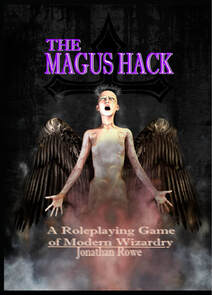
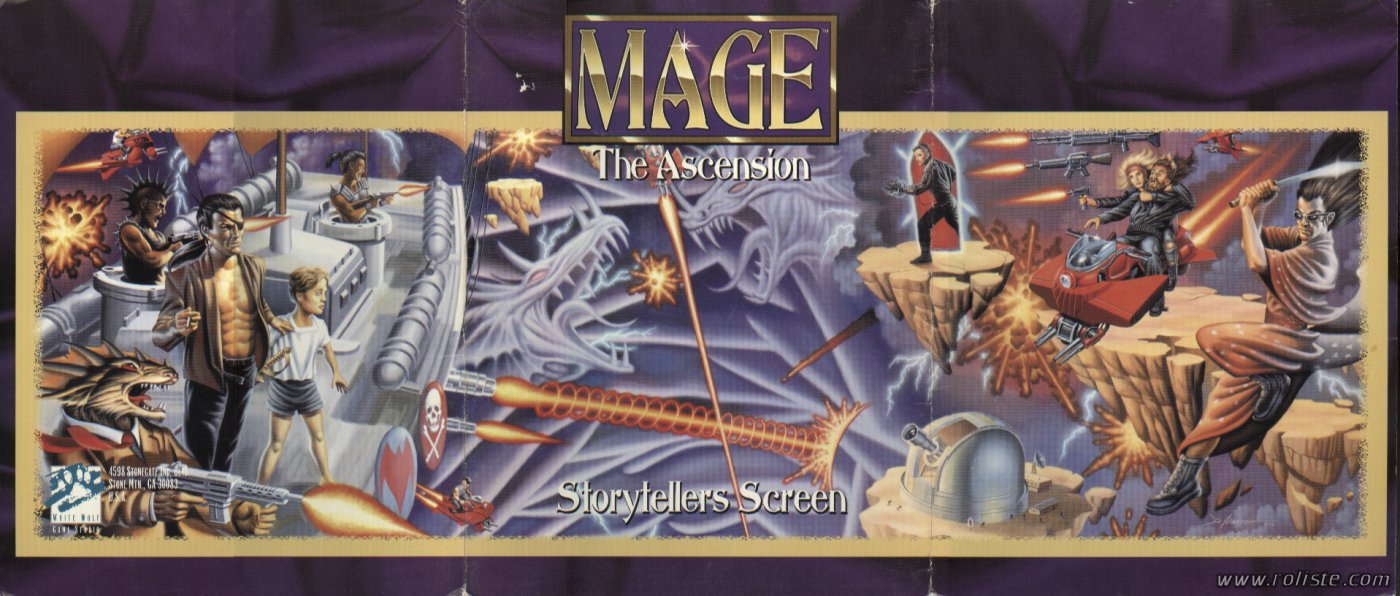
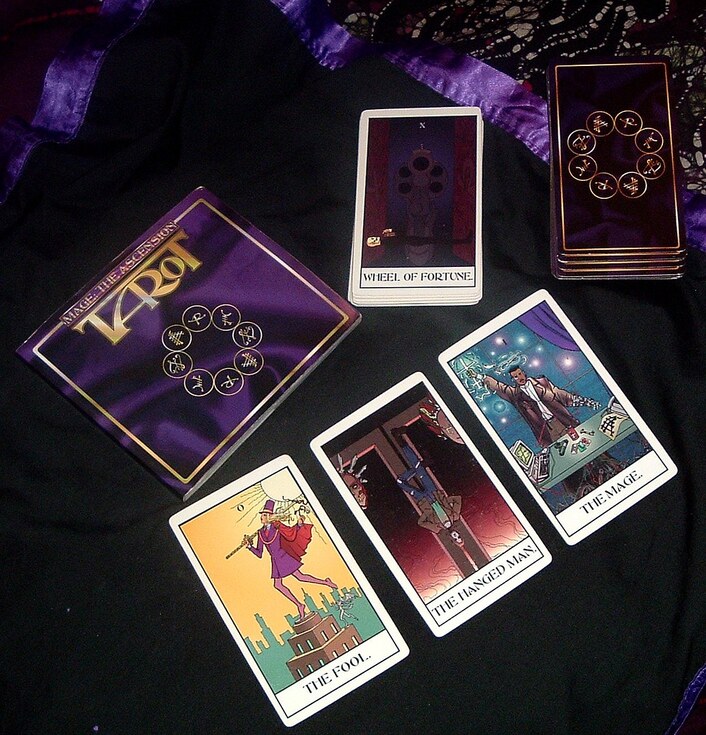
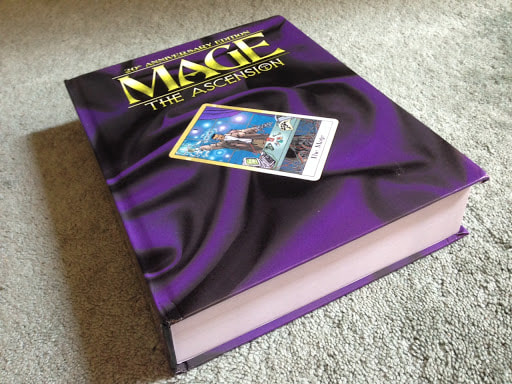
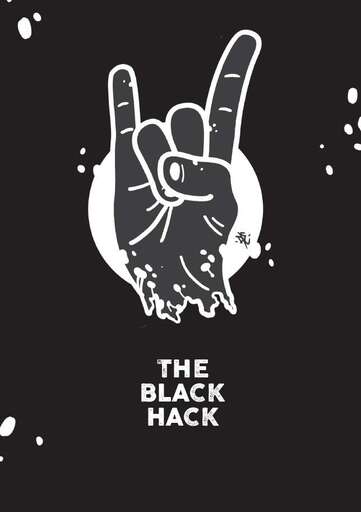
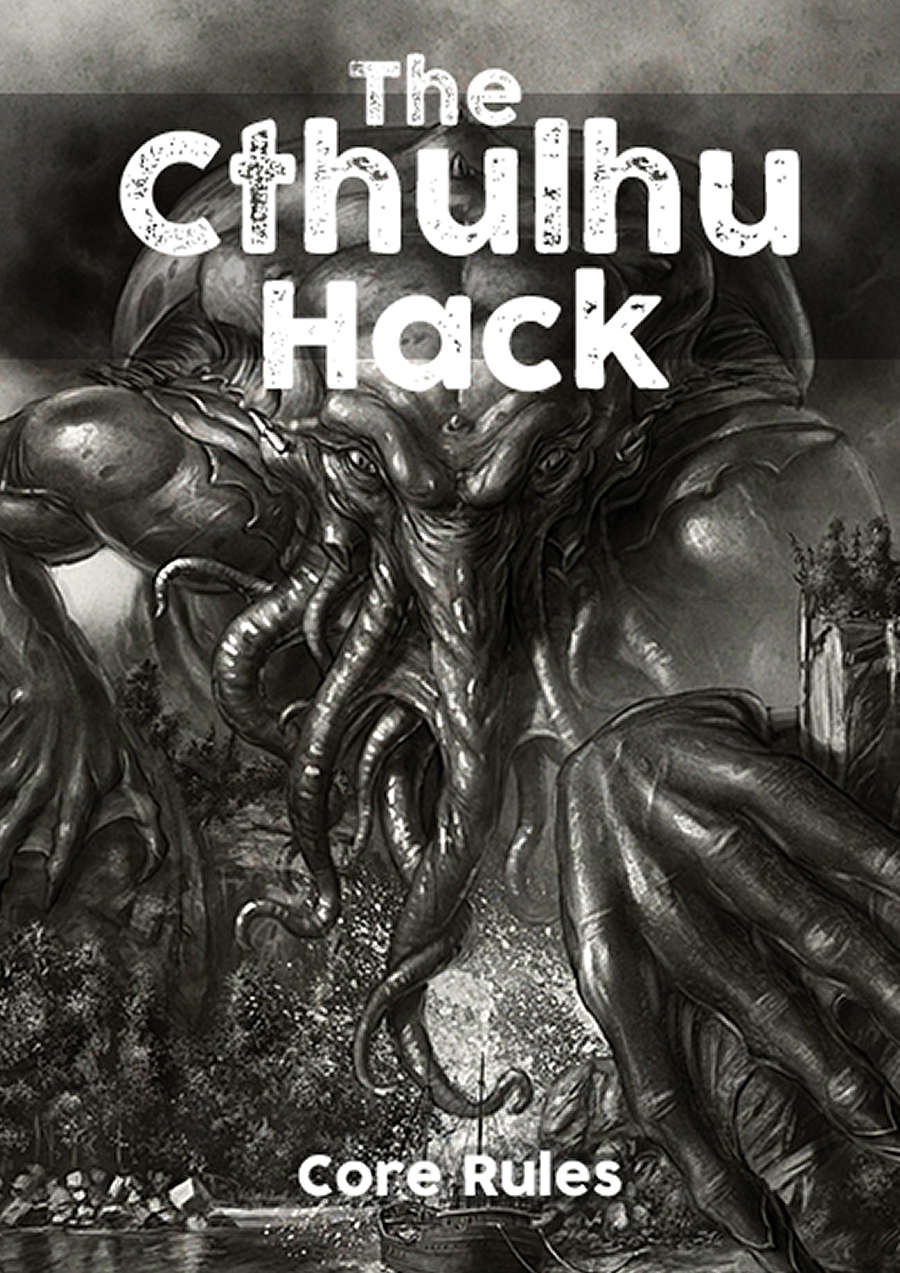
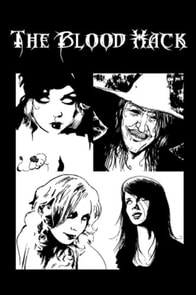
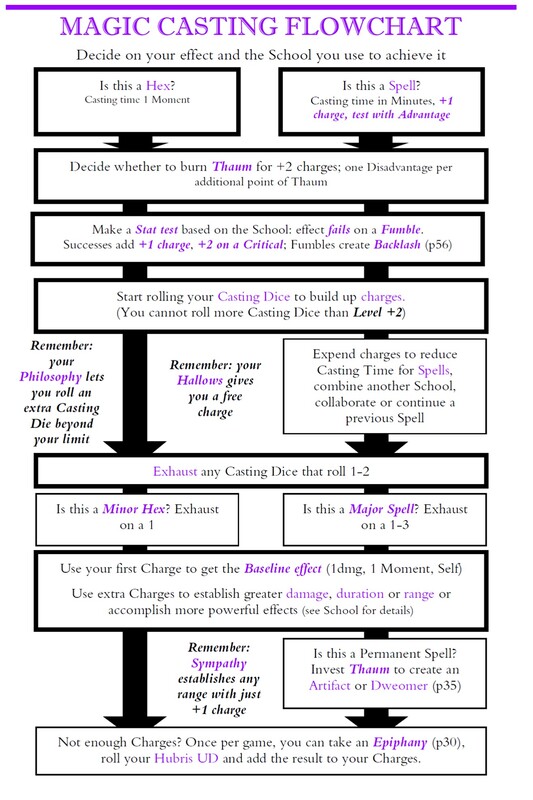

 RSS Feed
RSS Feed
